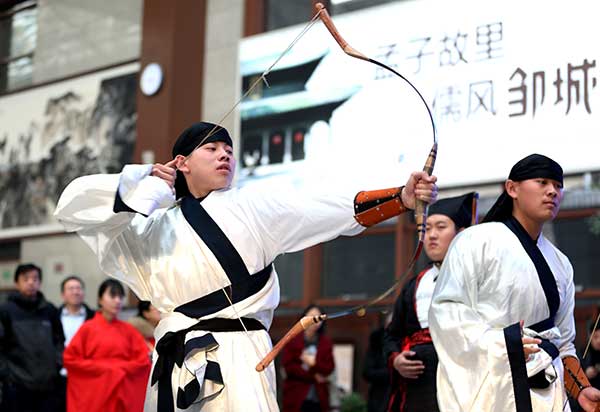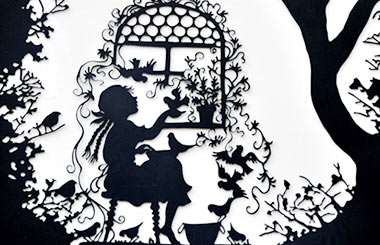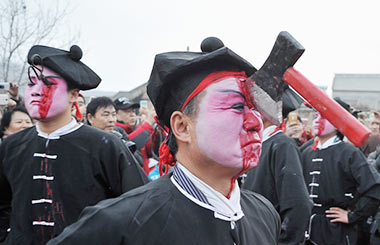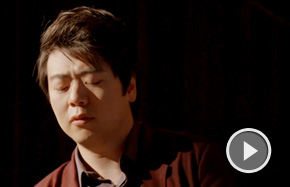Ancient teachings aid modern lifestyles
 |
|
Students in traditional costume participate in a series of activities known as the 'six skills', which formed the basis of elite education in China during the Zhou Dynasty (BC 1046-BC 256), when Confucius was alive.[Photo by Cai Xiaomeng/For China Daily] |
The government is promoting the work of Confucius, the nation's most famous sage, in a bid to reaffirm traditional Chinese culture. Zhao Ruixue reports from Jinan and Qufu, Shandong province.
Two years ago, a 50-square-meter room in Sandefan village of Jinan, the capital city of East China's Shandong province, was rarely visited by local residents.
However, since it was converted into a base for lectures about the teachings of Confucius, China's best-known ancient sage and educator (551-479 BC), the room has become a mecca for villagers.
The lectures usually feature stories that highlight Confucian beliefs, mainly those related to filial piety, loyalty, integrity and benevolence.
Yan Binggang, deputy head of the Advanced Institute for Confucian Studies at Shandong University, visits the village once a week to deliver free lectures. He has made a habit of relating stories about people being punished for bad behavior, such as disrespecting one's parents and refusing to honor promises.
"Your attitudes toward your parents will have an impact on your children and when your children grow up, they will tend to treat you in the same way you treated your parents," Yan said, adding that many people are unable to hold back their tears when he shares stories about filial piety.
The room, known as the Confucius Classroom, is one of more than 3,000 centers in Shandong that are promoting Confucian thought, which is viewed as an important part of traditional Chinese culture.
















